Author: Kent Larsen
-
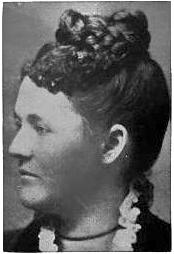
Literary Joseph Fielding Smith #16: My Child and Thine by Ellen Jakeman
Parenting sometimes seems like a Mormon obsession. We believe it has a significant effect on the success of children both in this life and in the life to come, so it is often the subject of Mormon sermons and lessons, such as chapter 16 of the Joseph Fielding Smith manual. We often find inspiration for…
-
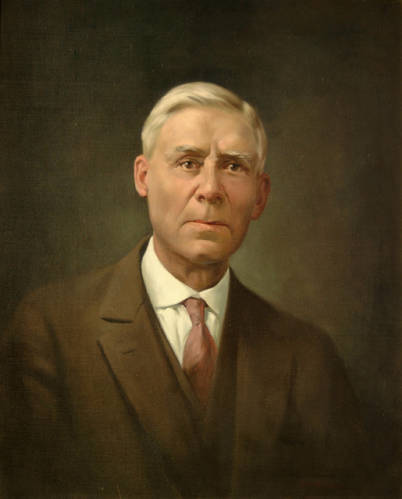
Literary OTGD #28: The Still Small Voice by George H. Brimhall
The story of Elijah listening for the voice of the Lord (1 Kings 19:9-13) is frequently used by Mormons to describe the manner we can receive revelation. Old Testament Gospel Doctrine lesson #28 includes that story, along with others discussing Elijah’s acts as prophet, but focusing on his listening to the Lord to accomplish those…
-
Literary Joseph Fielding Smith #15: The Marriage Vow
While the marriage practiced in the Church and taught in chapter 15 of the Joseph Fielding Smith manual is different than that taught and practiced outside of the Temple and the Church, still the underlying commitment to marriage and many of the promises made are very similar. Even after the Church under Joseph Smith introduced…
-
Literary OTGD #27: Our Kings by Henry W. Naisbitt
It seems likely that today we (in most western democracies) aren’t influenced by leaders the same way that the children of Israel were by their kings (at least as described in Old Testament Gospel Doctrine lesson #27). I suspect that all else being equal, democracy reduces the influence of individual leaders. Still, the example of…
-

Her 15 Minutes at an End: Ultra Violet dead at 78
Isabelle Collin Dufresne, known as Ultra Violet, died this morning after a battle with cancer. She was 78. Dufresne was perhaps the most famous Mormon artist that most Mormons haven’t heard of. But at the height of the Pop Art movement and Andy Warhol’s Factory, Ultra Violet was well known in the New York art…
-
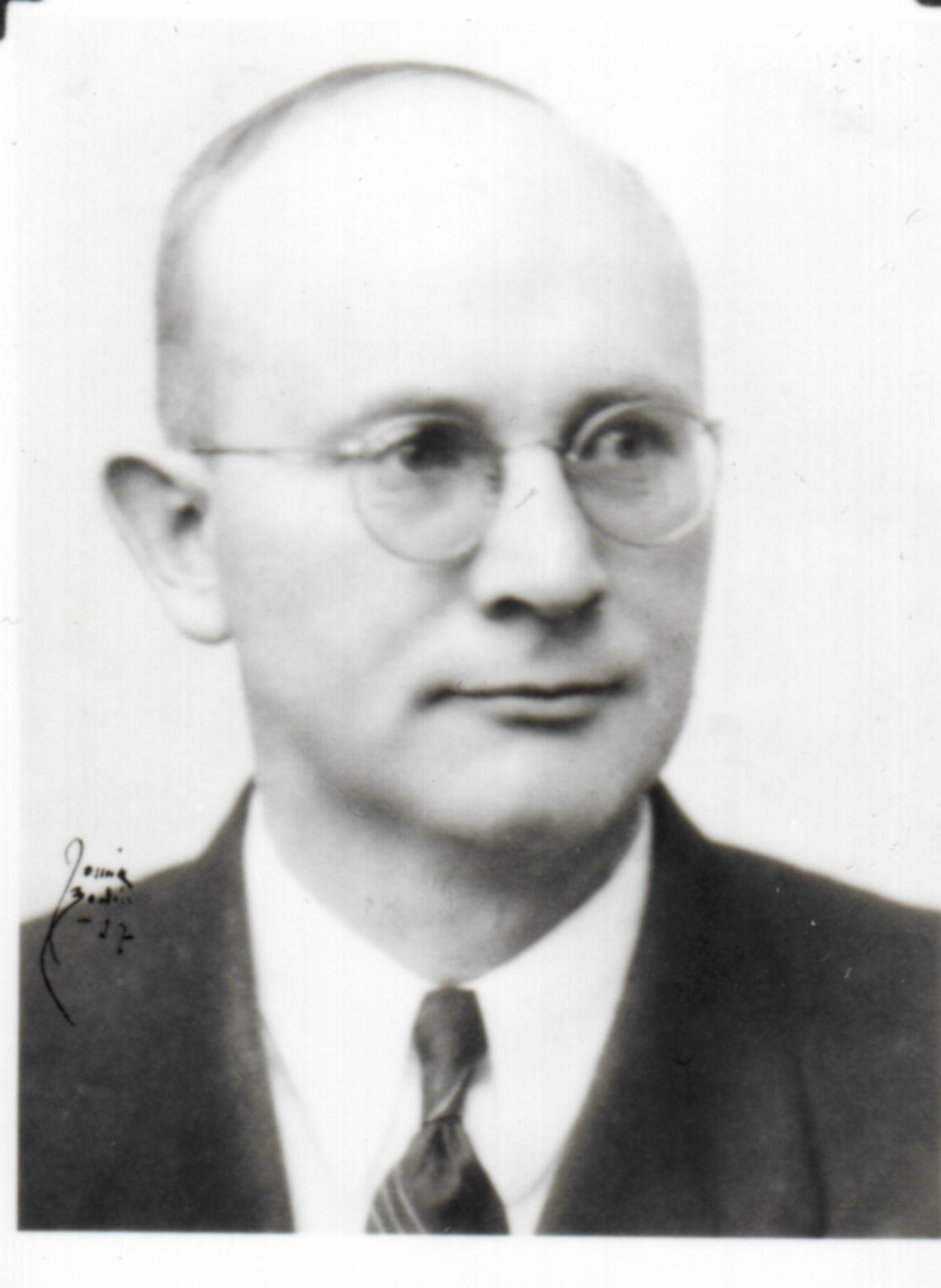
Literary Joseph Fielding Smith #11: The Restoration by Gustive O. Larson
The restoration of priesthood keys is a vital part of LDS teachings, something that is emphasized repeatedly in lesson manuals, such as chapter 11 in the current Joseph Fielding Smith manual. It is also one of the most emphasized elements of the lessons taught by LDS missionaries. So it is no surprise to find the…
-
Literary OTGD #18: What Will They Do, Let History’s Page by Charles A. Rogers
As the Children of Israel entered the promised land, they also faced a change of leadership, with all that entails. As Moses doesn’t cross the Jordan, Joshua is called to lead the Israelites, cross the Jordan and subjugate the territory promised. Lesson 18 of the Old Testament Gospel Doctrine manual portrays this time as a…
-
Literary OTGD #17: The Mountain Standard by Parley P. Pratt
Approaching the promised land has to influence leaders to remind their followers of how they should act when they enter the long-sought utopia. The goal is to live as God would have them live, covenanting to live in righteousness and harmony. In the case of Moses, as described in Old Testament Gospel Doctrine lesson 17,…
-
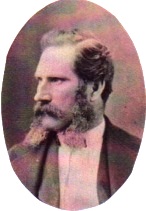
Literary OTGD #16: The Saint by W. G. Mills
The story of Balaam, as discussed in Old Testament Gospel Doctrine lesson 16, is about a prophet’s struggle with obedience and the requirements of political leaders. As portrayed in the Bible, Balaam follows the commandments of the Lord, but he attempts to get gain by currying favor with a political leader needed. I think this…
-
Literary Joseph Fielding Smith #10: Jane Mason’s Truth
Lesson 10 of the Joseph Fielding Smith manual discusses our search for truth, citing many of the prophet’s statements on how we are to obtain knowledge of the truth and on the value of truth in our lives. President Smith teaches that truth is something we should seek and value—ideas that can be found in…
-
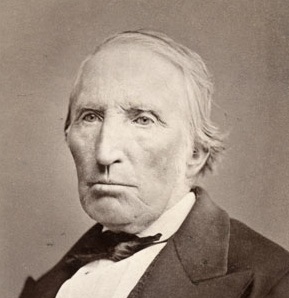
Literary OTGD #15: Exodus by John Lyon
As the Mormon pioneers began their westward trek, they already saw themselves on an exodus similar to that of ancient Israel leaving Egypt for the promised land. And they faced some of the same difficulties that Israel faced—such as those outlined in Old Testament Gospel Doctrine lesson 15: complaints, backbiting, uncertain knowledge of the land…
-

GenCon: Sunday Afternoon Session
Welcome to T&S’ fifth and final round of coverage of General Conference. We welcome your comments. President Dieter F. Uchtdorf is conducting this session of Conference. Chorus: Sweet is the Work. Prayer: ? Chorus: I Stand All Amazed. President Boyd K. Packer — The Witness “Almost mid-sentence it happened. I could not describe to you what…
-

GenCon: Sunday Morning Session
Welcome to T&S’ fourth round of coverage of General Conference. We welcome your comments. Chorus: Come We that Love the Lord President Henry B. Eyring is conducting this session of Conference. Chorus: On This Day of Joy and Gladness Prayer: Élder L. Whitney Clayton Chorus: Let Us All Press On President Dieter F. Uchtdof —…
-
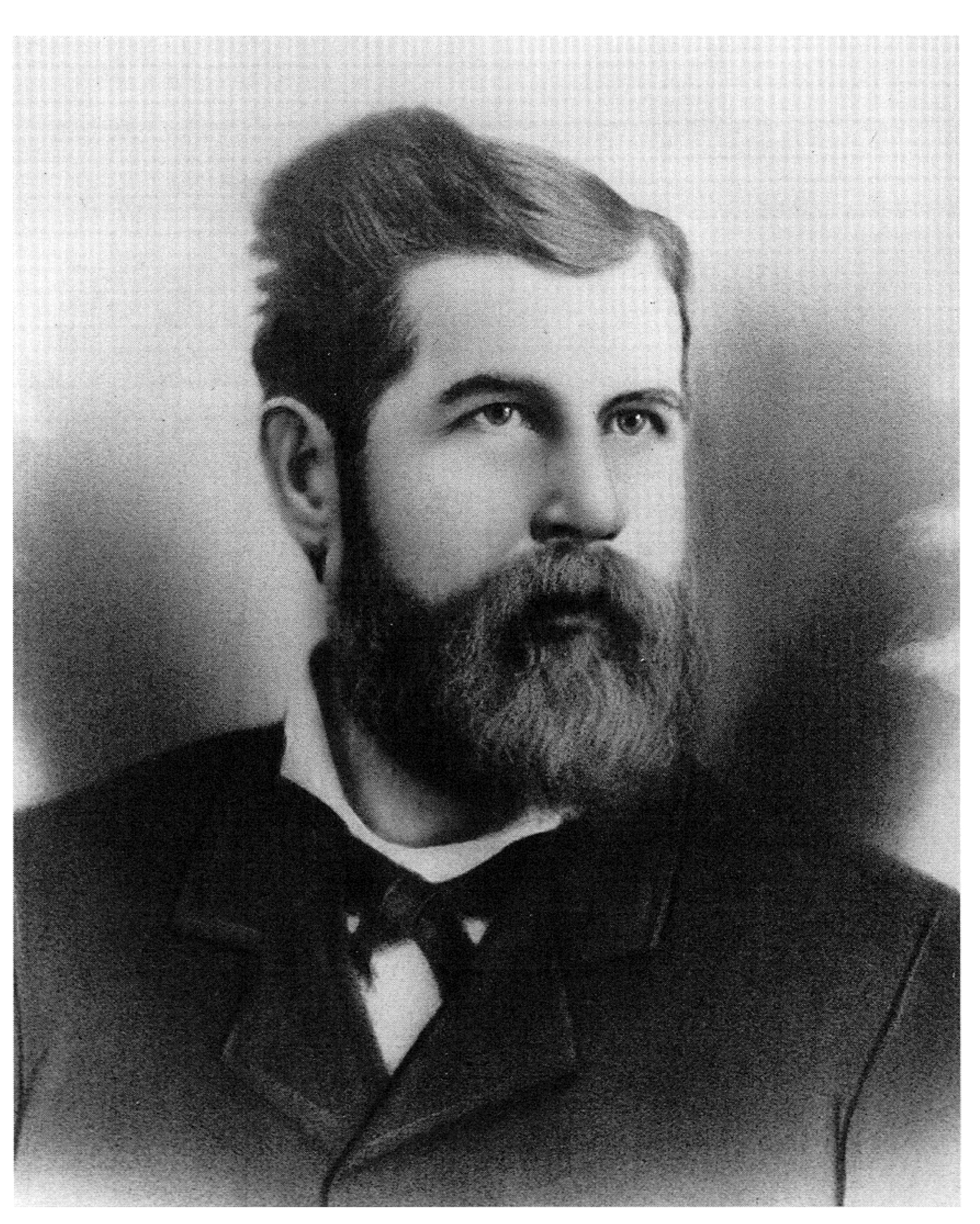
Literary Joseph Fielding Smith #09: James H. Hart’s Interview with David Whitmer
I think that we often think of witnesses as something outside of the event, added to fill a particular need or satisfy the desires of the world. But I wonder if this perception might not be incorrect, if witnesses are not, in fact, an important part of the process of communicating truth. A testimony is,…
-
Literary OTGD #14: excerpt on Israel in the Wilderness from chapter 1 of The Millennium
Are commandments also spiritual fare? When Moses received the law on Sinai, was he spiritually fed? Were the children of Israel? Lesson #14 of the Old Testament Gospel Doctrine manual discusses Israel’s trek across the Sinai, their partaking of manna from heaven, which we interpret today as a symbol of the spiritual feast that our…
-
Literary OTGD #13: excerpt on the Exodus from chapter 1 of The Millennium
The story of the exodus of the children of Israel from Egypt is one of the iconic stories of western religious culture. And that story has descended to Mormonism, showing up, of course, in lesson #13 of the Old Testament Gospel Doctrine manual. And we Mormons basically see the story in the same way as…
-
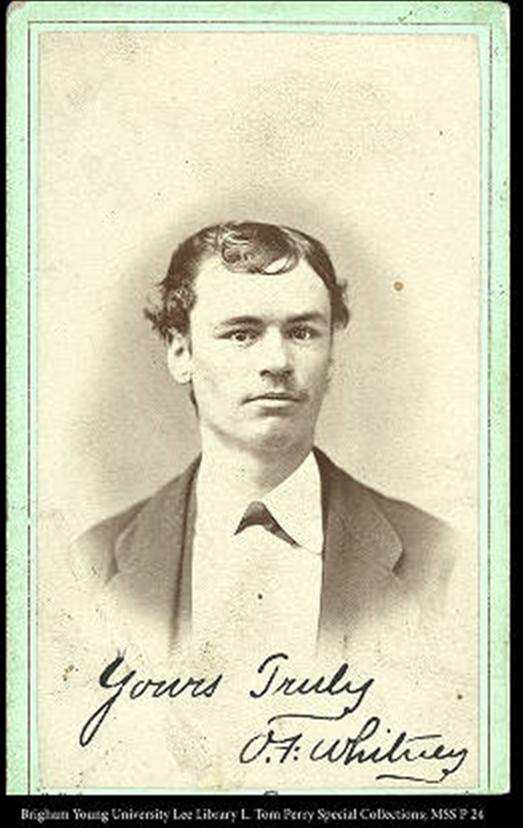
Literary OTGD #12: excerpt on Joseph from From Out of the Dust
Today, we Mormons see the “coincidence of names” between Joseph of Egypt, Joseph the son of Lehi and Joseph Smith as anything but a coincidence. They shared names allow us to make connections between the three cases, adding to our understanding of their histories. And Old Testament Gospel Doctrine lesson 12 allows us to revisit…
-
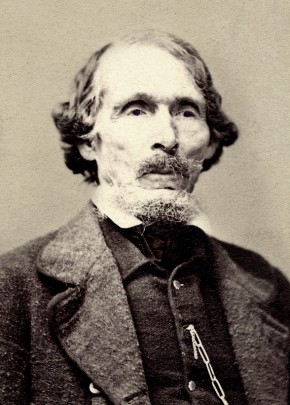
Literary Joseph Fielding Smith #08: What fair one is this, from the wilderness trav’ling
The purpose of the Church as an organization is sometimes ignored by Church members, who take its presence as given. While we know we are supposed to have a Church, we don’t often think about why the organization is needed. Teachings of the Presidents of the Church: Joseph Fielding Smith manual, chapter 8, examines the…
-
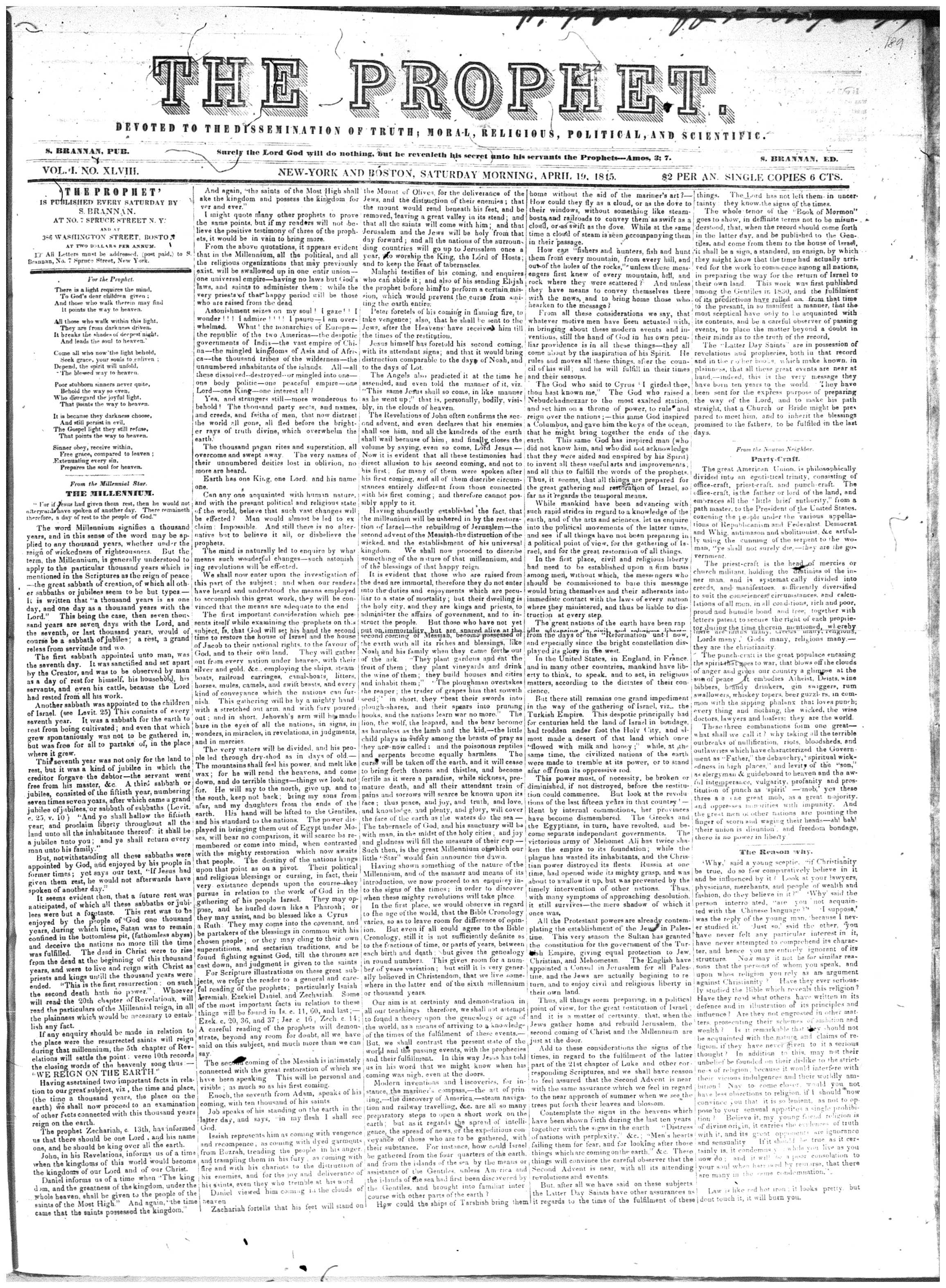
Literary OTGD #11: Joseph’s Temptation
[I’m sorry that I’m a bit behind in getting these posted. I’m hoping to do one each night for the next 3 nights to get caught up.] Temptation is a constant. We all struggle with temptation to do that which we should not, and often these temptations involve significant sin or things that could lead…
-
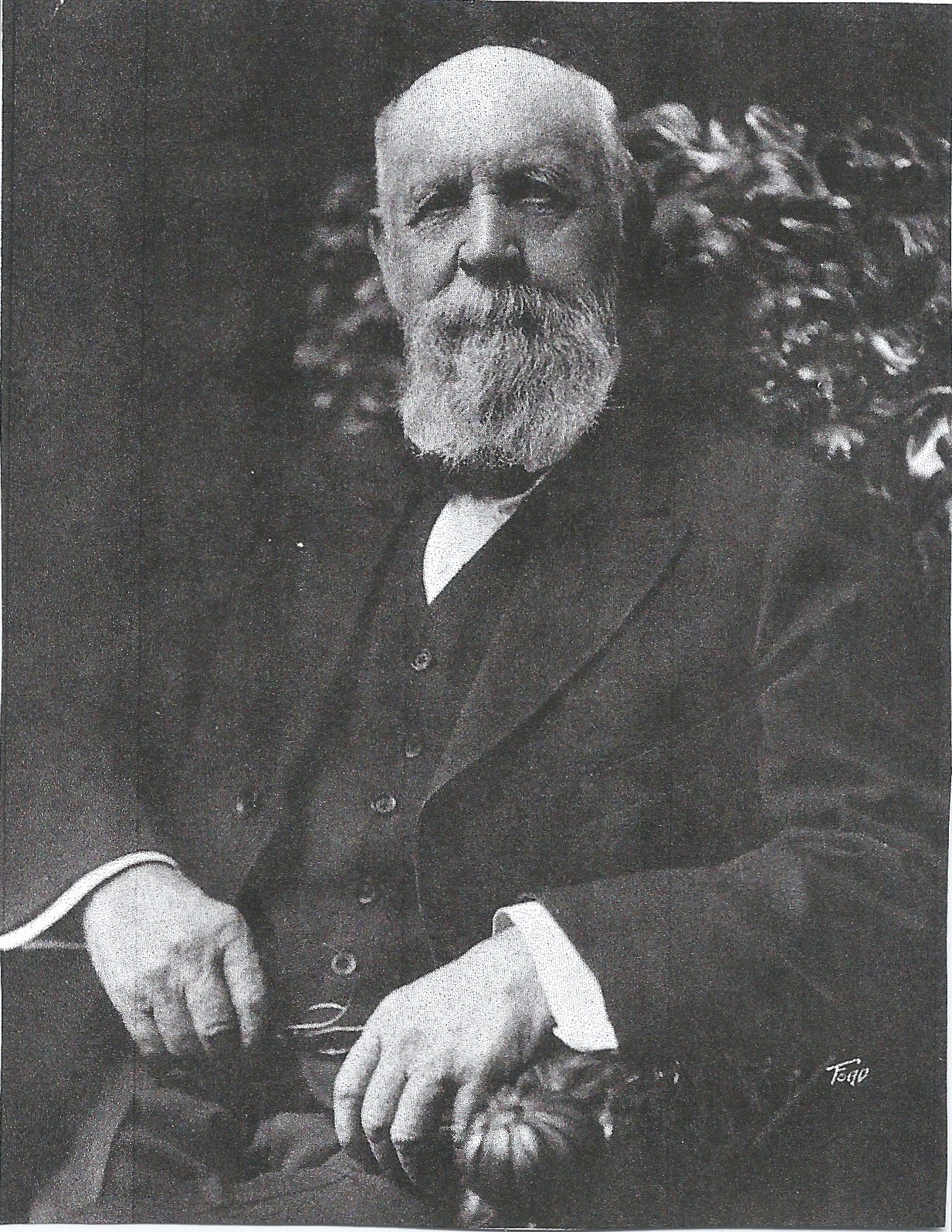
Literary OTGD #10: Our Golden Wedding
The marriage process in Abraham’s family (covered in Old Testament Gospel Doctrine lesson 10) is very different that the common experience in the Church today (at least in North America). Arranged marriages, polygamy, dowries and working for a wife are all discussed in the source chapters in Genesis, while the marriages are still eternal, evidently…
-
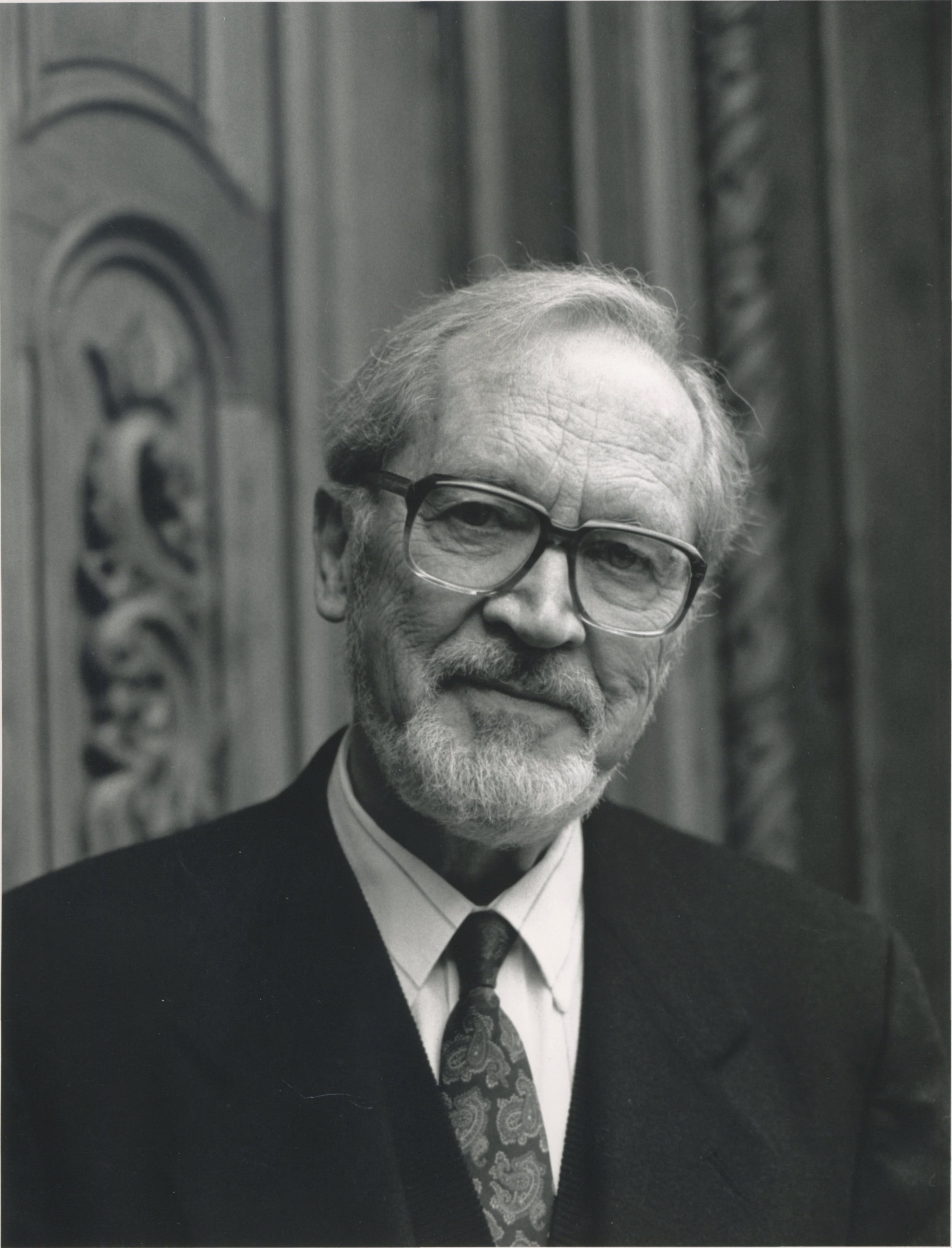
Literary Joseph Fielding Smith #07: Restoration
Given how much we talk about Joseph Smith in lessons such as lesson 7 of the Presidents of the Church: Joseph Fielding Smith manual used in Priesthood and Relief Society meetings, you might think I would run out of poetry about him. That isn’t likely to happen. Smith is also a common subject of Mormon…
-
Literary OTGD #09: Saturday Evening Thoughts
Abraham’s readiness to sacrifice Isaac is one of the most difficult to understand episodes in the Bible, and it is also a regular subject of LDS lessons, such as Lesson 9 of the Old Testament Gospel Doctrine manual. Despite its troubling nature, this event is seen as a clear type of Christ’s sacrifice, and it…
-
Literary OTGD #08: Go search and say
The story of Sodom and Gomorrah, which is found in the material covered in the Old Testament Gospel Doctrine manual, lesson 8, is one of the more bleak stories in the bible. Its depressing to think that a city cannot be saved from its own wickedness, and that there was not one person there who…
-
Literary OTGD #07: The Gathering
If doctrines can have ideological parents, then the doctrine of the gathering is clearly descended from the Abrahamic covenant, the same that is discussed in Old Testament Gospel Doctrine lesson 7. Throughout the scriptures, when the Lord talks of “gathering” his people, he is refering to Israel, the descendants of Abraham. The covenant speaks of…
-
Literary Joseph Fielding Smith #06: Testimony Meeting in New Guinea and Brown-Crusted Bread
When we cover the sacrament in our lessons, the focus is usually on the doctrines behind the ordinance. In lesson 6 of the Teachings of Joseph Fielding Smith manual those doctrines are found in remembering the atonement and in the covenant made at baptism and renewed by the sacrament. However, I think there is a…
-
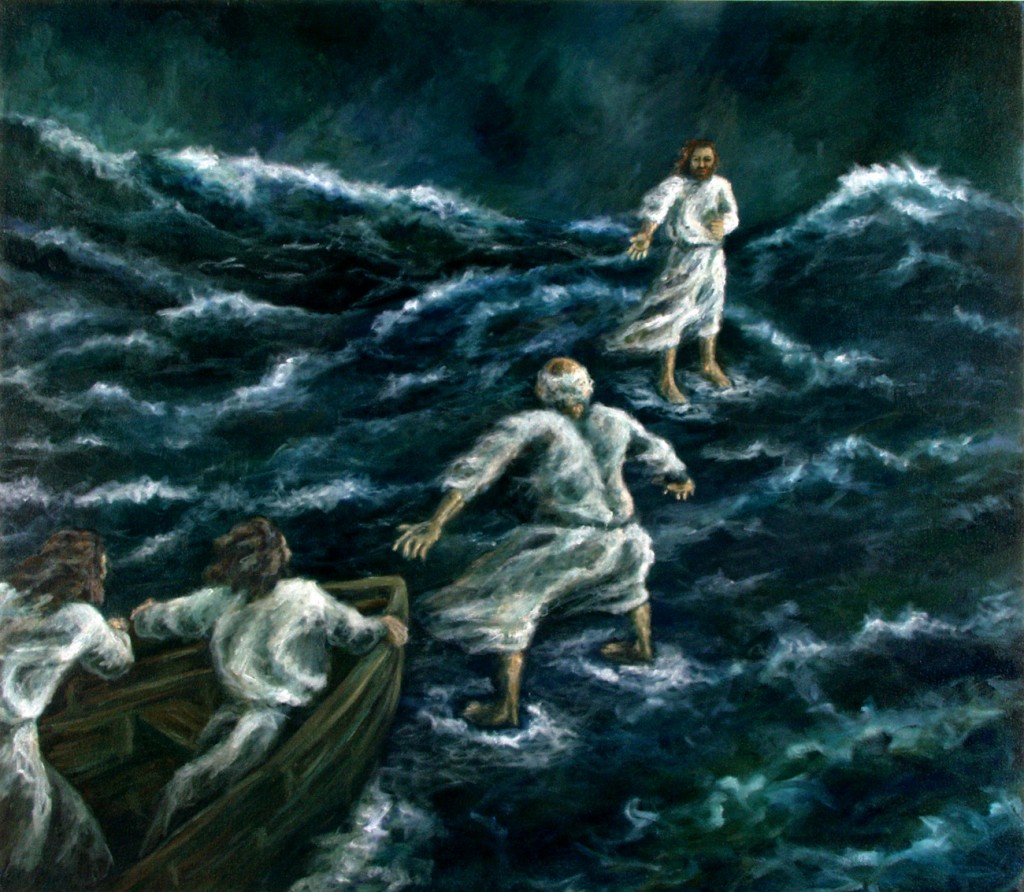
Literary Joseph Fielding Smith #05: Over the Waves of Sin
When we talk about faith in Mormonism, we often emphasize the idea that the important part of faith is not just belief in something true, but faith in Jesus Christ. And while we use lots of examples of faith, sometimes those examples leave out the role of Christ in our lives and in our faith.…
-
Literary OTGD #06: Gleanings from Scripture
Lesson 6 of the Old Testament Gospel Doctrine manual seems like a difficult lesson to me. It covers both the story of Noah and the flood as well as the story of the tower of Babel. The lesson combines these disparate stories under the very general topic of worthiness and avoiding the evils of the…
-
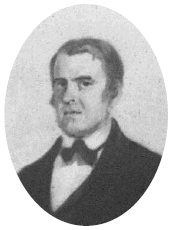
Literary OTGD #05: Age after age has roll’d away
While many teachers will focus their teaching of Old Testament Gospel Doctrine lesson #5 on the story of Cain and Abel, that is only half the lesson. The other half of the lesson is the story of Enoch and his city—perhaps a more positive example for us today as we strive to live the admonition…
-
Literary Joseph Fielding Smith #04: The Old Folks
While ‘strengthening the family’ might seem like code for a political position these days (please, no politics on this post), lesson 4 in the Joseph Fielding Smith lesson manual seems to boil the idea down to the ways in which we live together. The lesson says stronger families come from “spending time together, loving each…
-
Literary OTGD #04: O Adam
When we talk about the Fall and its roll in the plan of salvation, as Old Testament Gospel Doctrine lesson #4 does, the focus naturally (and properly) is on the effects of the Fall and its relationship with the atonement. But the Fall is also the story of a relationship between Adam, Eve and God.…
